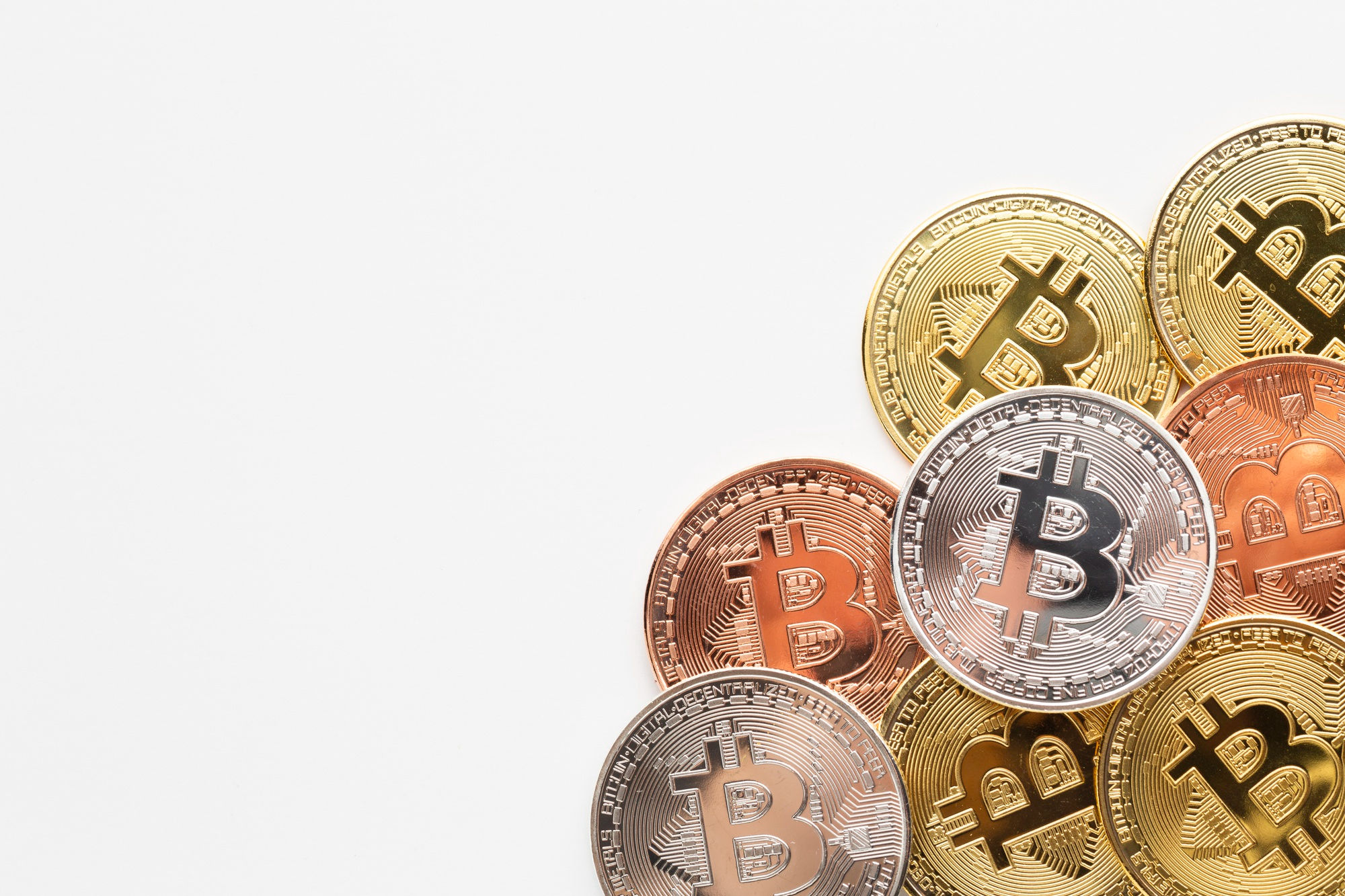Realising Satoshi’s Vision: Bitcoin as a Medium of Exchange and Store of Value
“A purely peer-to-peer version of electronic cash would allow online payments to be sent directly from one party to another without going through a financial institution.”
— Satoshi Nakamoto, Bitcoin Whitepaper
Bitcoin was originally envisioned as a decentralized digital currency—one that could be used for everyday transactions without the need for banks or intermediaries. Yet, in practice, Bitcoin has evolved more as a store of value than a medium of exchange. This divergence from Satoshi Nakamoto’s initial vision has sparked ongoing debate within the Bitcoin community: Should Bitcoin primarily function as a savings asset, or should adoption focus on making it a practical means of payment?
In this article, we explore how Bank is actively working to bridge this gap—supporting Bitcoin’s current role as a store of value while also paving the way for broader use as a medium of exchange. But first, let’s define what these two roles actually mean.
What Is a Store of Value?
A store of value is an asset that retains purchasing power over time. It can be saved, retrieved, and exchanged in the future without significant loss in value. Classic examples include gold, silver, and other precious metals.
Bitcoin stands out as a modern store of value due to its limited supply, decentralized nature, and resistance to inflation. In an era where fiat currencies face erosion of value through monetary expansion, Bitcoin offers an attractive alternative that’s secure, portable, and not subject to centralized control or seizure.
What Is a Medium of Exchange?
A medium of exchange is something widely accepted as payment for goods and services. For an asset to function effectively in this role, it must be:
- Recognizable and trusted
- Divisible into smaller units
- Portable and easy to transfer
- Stable in value
- Difficult to counterfeit
Today, fiat currencies dominate as mediums of exchange. But Bitcoin’s original design aimed to challenge this dominance by offering a decentralized alternative for everyday transactions.
The Current Narrative: Bitcoin as Digital Gold
Over the years, Bitcoin has increasingly been treated like digital gold. Prominent voices like Michael Saylor, executive chairman of MicroStrategy, champion this view—encouraging long-term holding and discouraging selling or spending.
From this perspective, Bitcoin’s appeal lies in its average ~49% annual return over the past 15 years, and its scarcity-driven value appreciation. Holders see little reason to spend Bitcoin when it could continue to gain value, reinforcing its role as a long-term store of wealth.
The Case for Bitcoin as a Medium of Exchange
On the other side of the debate, figures like Jack Dorsey, co-founder of Twitter (X), argue that for Bitcoin to truly replace the traditional financial system, it must be used in everyday transactions. This view emphasizes Bitcoin’s utility, not just its scarcity.
Supporters of this approach highlight a key concern: the sustainability of Bitcoin’s network. Miner incentives are heavily reliant on transaction fees. If Bitcoin is rarely transacted and used only as a savings tool, the number of transactions—and therefore fee revenue—may dwindle. This could reduce miners’ incentive to secure the network, potentially weakening its decentralization and resilience.
Xapo Bank: Bridging Both Worlds
At Bank, we recognize the strengths of both perspectives—and believe Bitcoin can fulfill both roles. That’s why we’re committed to creating services that reflect the asset’s dual nature:
- Secure Bitcoin storage for those who treat it as digital gold
- Seamless payments infrastructure, including support for the Lightning Network, for those who wish to use Bitcoin for everyday transactions
- Regulated banking environment, offering the trust and service of traditional finance with the innovation of crypto
Our mission is to help Bitcoin fulfill Satoshi’s original vision—not by choosing between store of value and medium of exchange, but by supporting both roles in a secure, user-friendly ecosystem.
The Future of Bitcoin Utility
As Bitcoin adoption matures, the line between these two narratives may continue to blur. Bitcoin’s long-term success likely depends on its ability to serve both purposes—as a secure store of value and as a practical currency for everyday use.
Whether you’re holding Bitcoin for the future or ready to spend it today, Bank is here to help you make the most of your Bitcoin journey.




